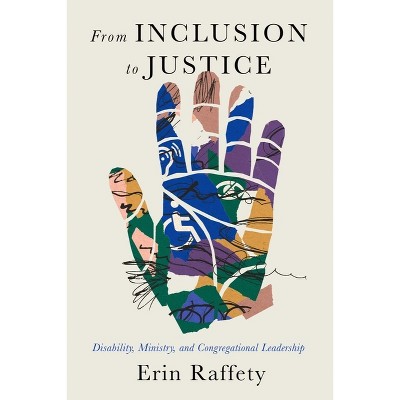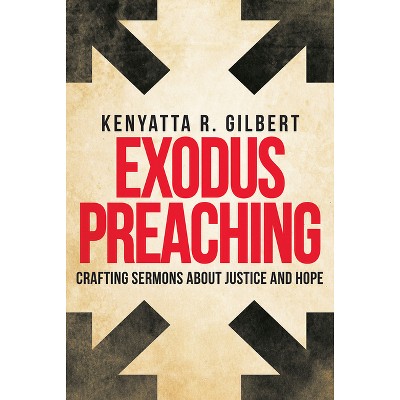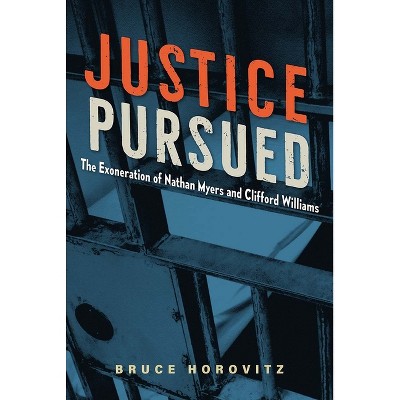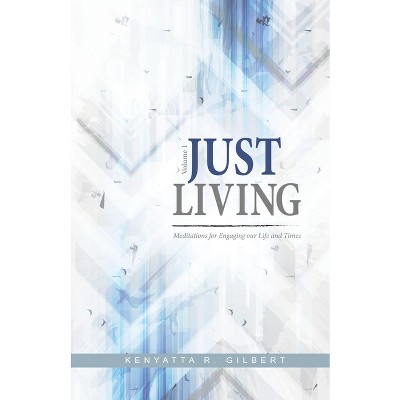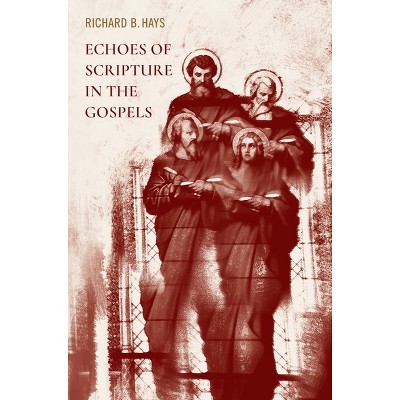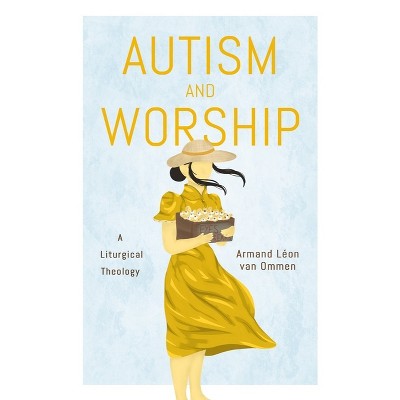About this item
Highlights
- The narrative of Civil Rights often begins with the prophetic figure of Martin Luther King Jr. in the 1960s.
- About the Author: Kenyatta R. Gilbert is Associate Professor of Homiletics at Howard University School of Divinity.
- 226 Pages
- Religion + Beliefs, Christianity
Description
About the Book
and subsequent generations of preachers of revolutionary hope and holy disobedience.Book Synopsis
The narrative of Civil Rights often begins with the prophetic figure of Martin Luther King Jr. in the 1960s. City squares became a church, the body politic a congregation, and sermons a jeremiad of social change--or so the story goes. In A Pursued Justice, Kenyatta Gilbert instead traces the roots of King's call for justice to African American prophetic preaching that arose in an earlier moment of American history.
In the wake of a failed Reconstruction period, widespread agricultural depression, and the rise of Jim Crow laws, and triggered by America's entry into World War I, a flood of southern Blacks moved from the South to the urban centers of the North. This Great Migration transformed northern Black churches and produced a new mode of preaching--prophetic Black preaching--which sought to address this brand new context.
Black clerics such as Baptist pastor Reverend Adam Clayton Powell Sr., A.M.E. Bishop Reverdy Cassius Ransom, and A.M.E. Zion pastor Reverend Florence Spearing Randolph rose up within these congregations. From their pulpits, these pastors "spoke truth to power" for hope across racial, ethnic, and class lines both within their congregations and between the Black community and the wider culture.
A Pursued Justice profiles these three ecclesiastically inventive clerics of the first half of the twentieth century whose strident voices gave birth to a distinctive form of prophetic preaching. Their radical sermonic response to injustice and suffering, both in and out of the Black church, not only captured the imaginations of participants in the largest internal mass migration in American history but also inspired the homiletical vision of Martin Luther King Jr. and subsequent generations of preachers of revolutionary hope and holy disobedience.
Review Quotes
...the book makes a valuable contribution to academic literature on the history and impact of the urban African American church. The book will be most useful in graduate courses and advanced undergraduate courses on such topics as African American culture, religious studies, and progressive social activism.
--Robert L. Boyd "Social Science Journal"...this is an informative and at times inspirational book which in places is adorned with some of the rhetorical beauty which Gilbert attributes to others.
--Stuart Blythe "Baptistic Theologies"A valuable resource for learning about the history and significance of the African American prophetic preaching tradition.
--Matthew D. Kim "Journal of the Evangelical Homiletics Society"An eloquent, learned, and concise introduction to the social and homiletical phenomenon of the Great Migration.
--Richard Lischer "The Christian Century"Gilbert's book will be useful for seminary study and for pastors who engage in lifelong learning. In addition to Gilbert's interesting thesis and analysis of preaching in context, the book contains numerous sermon texts for reading and study.
--Mikael Broadway "Horizons"In both form and content, A Pursued Justice is a breakthrough work of practical theology and rhetorical analysis. If audience reception follows quality of content, it deservedly will enjoy multiple rounds of printing and critical acclaim.
--Rev. Andrew Wilkes "Sojourners"With historical and biblical analytic precision, Gilbert sounds a clarion call for a return to prophetic Black preaching. While the primary audience for A Pursued Justice is the Black pulpit, its applicability to the pew and beyond is undeniable.
--J. B. Blue "Homiletic"With this revealing account of sermonic oratory by women and men in African American Protestantism, Gilbert has advanced understanding of social justice preaching and the sundry challenges against which it has emerged.
-- "Choice"About the Author
Kenyatta R. Gilbert is Associate Professor of Homiletics at Howard University School of Divinity.







